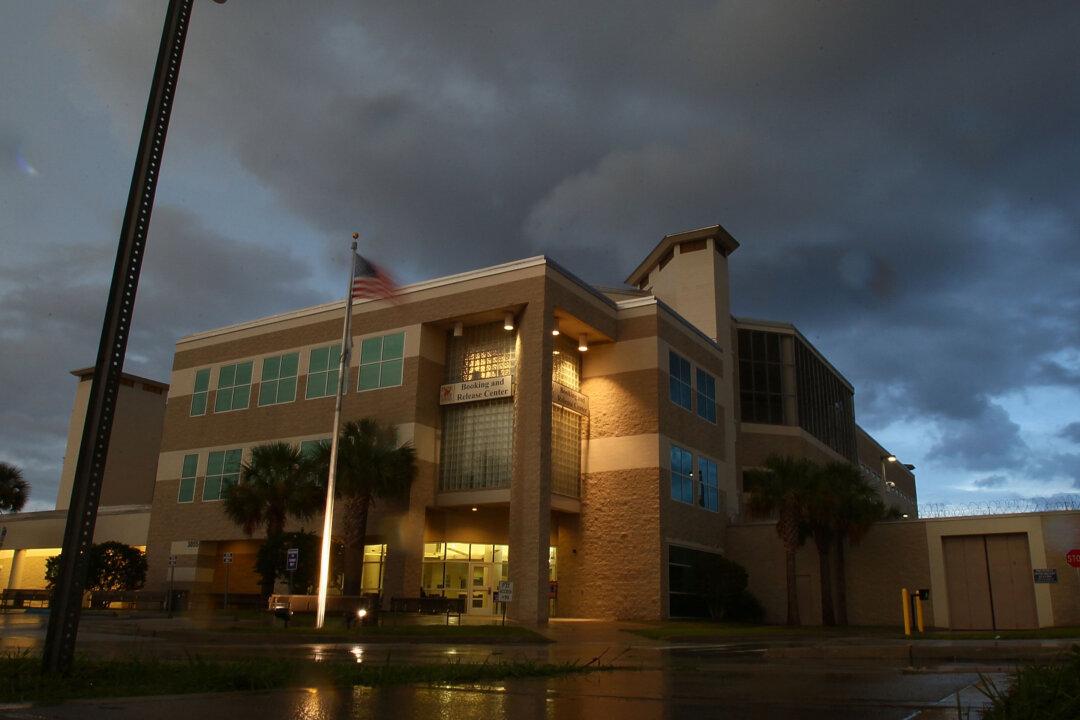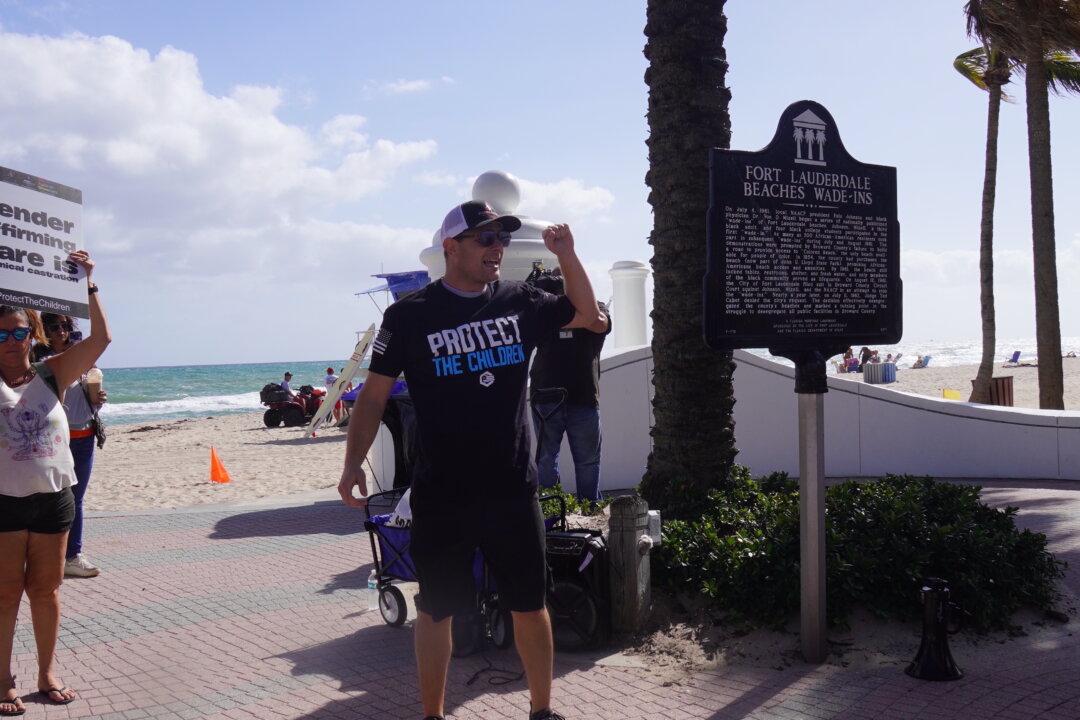Florida is facing a “tsunami of inmates” who may be released from local and county jails due to a critical staff shortage, according to state Sen. Jeff Brandes, a Republican.
As a result of inaction by state leadership, Brandes said, the state may have to release some prisoners because facilities are overcrowded and there aren’t enough corrections officers.




